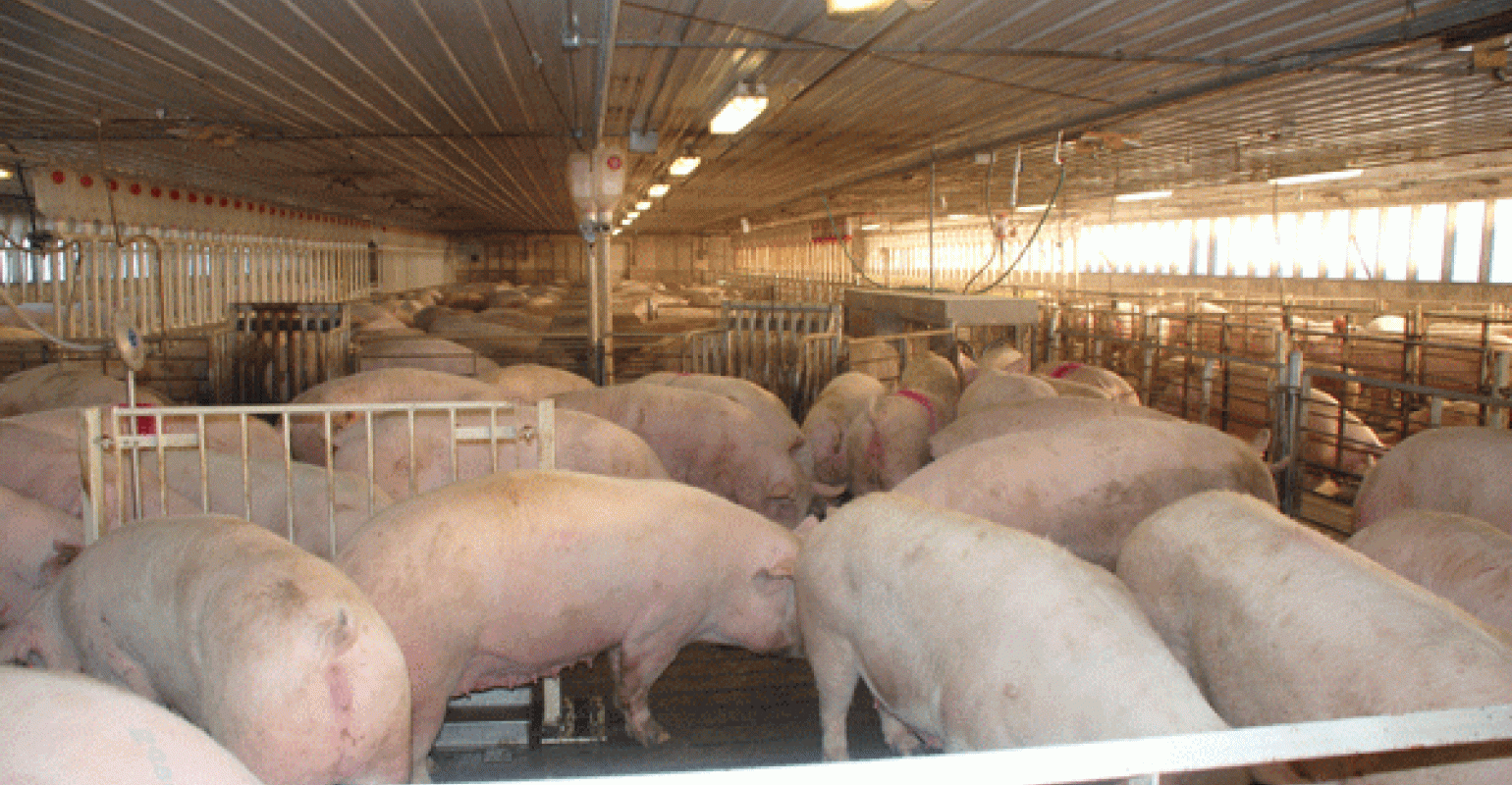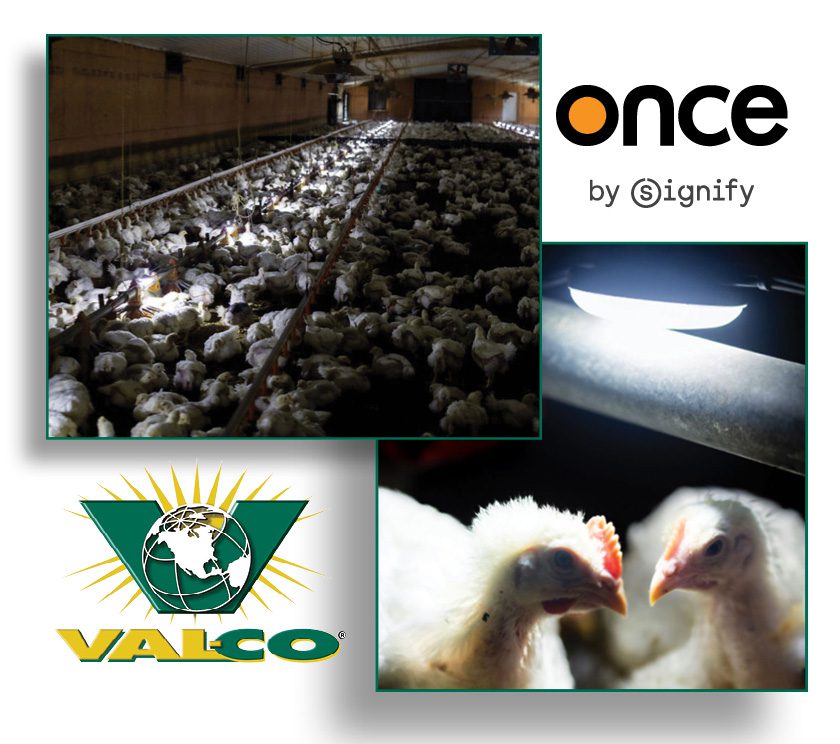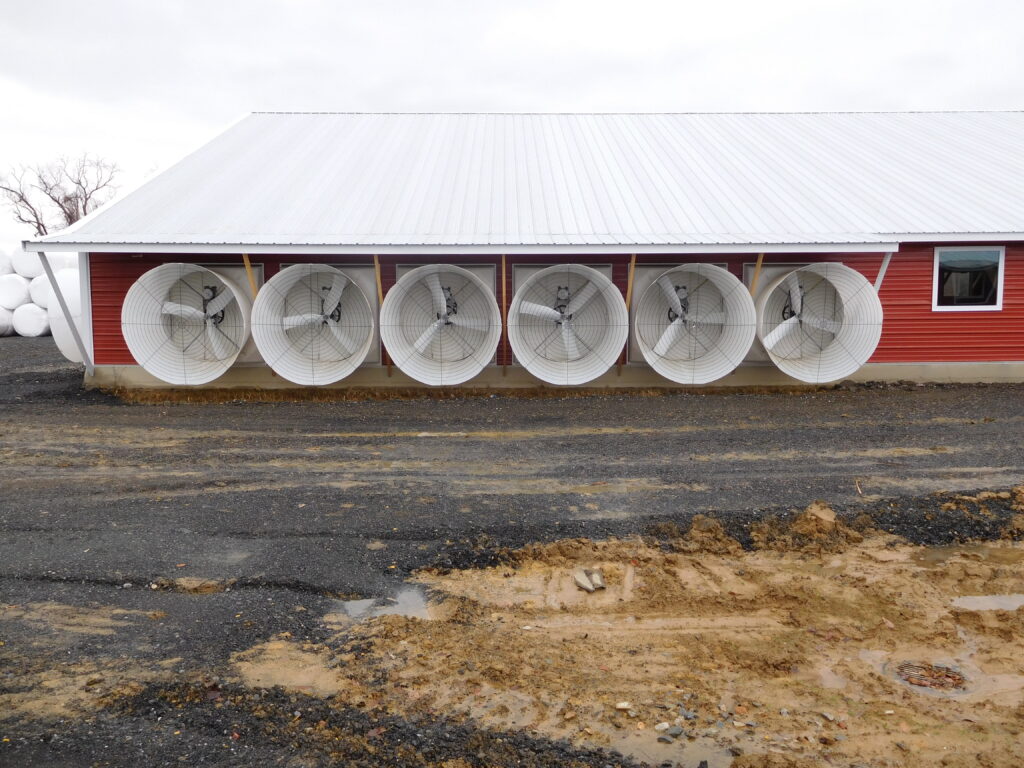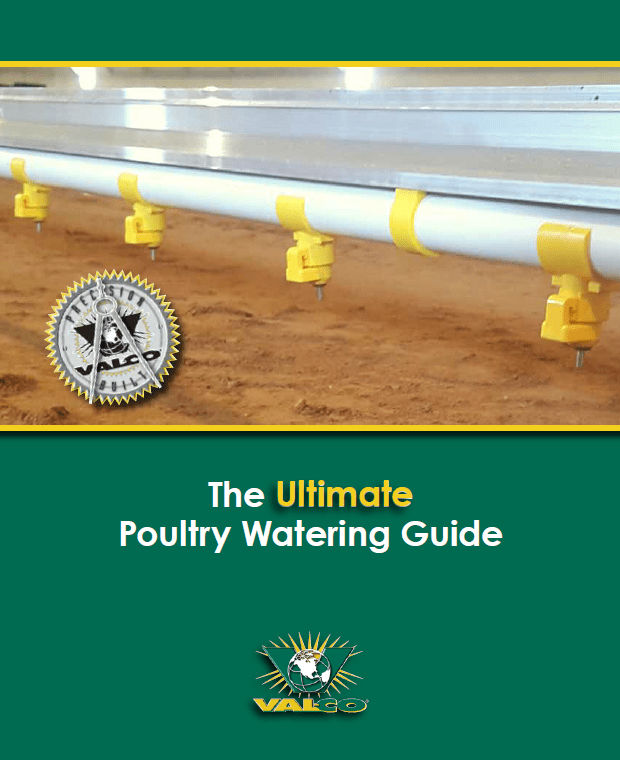NON-NEGOTIABLE POINTS FOR HEALTHY PIGLETS
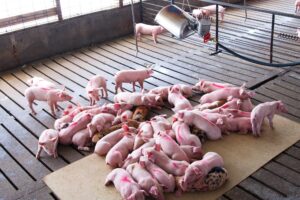 Several factors influence piglets’ health during lactation, making this a challenging phase. The present article will discuss the main points related to their development, presenting some non-negotiable actions that should be practice in routine.
Several factors influence piglets’ health during lactation, making this a challenging phase. The present article will discuss the main points related to their development, presenting some non-negotiable actions that should be practice in routine.
Colostrum and milk yield.
Sows’ capacity to produce colostrum and milk and is related to genetic improvement and phenotypic characteristics. It is also influenced by management. High feed intake can negatively impair milk production in pregnant sows, but low feed consumption in lactating sows is also a problem.
Water availability and quality also influence, directly and indirectly, colostrum and milk yield. Not only is water the main milk component but also is a stimulant of sows’ voluntary feed intake.
Climate conditions also impact lactation and it is important to maintain sows in their thermal comfort zone (12 to 22 oC). It can be done by using evaporative cooling systems to avoid high temperatures in the barn or heating systems in cold-weather regions.
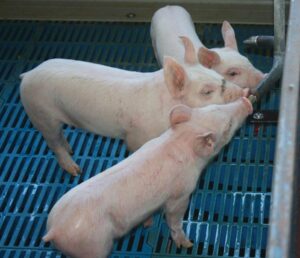 Focus on piglets’ first days of life.
Focus on piglets’ first days of life.
The highest newborn mortality rates occur in the first days of life so management in this phase must be appropriately done. Farrowing supervision is essential. Piglets need to be dried as soon as they are born, and after, they need to suckle colostrum and be heated to prevent hypothermia and hypoglycemia. Also, guaranteeing that every pig ingests 220g of colostrum helps to provide energy and immune protection to piglets. As with colostrum, milk consumption is essential to piglet health. Its ingestion will provide nutrients, water and will be responsible for immune system development.
Stress and biosecurity measures.
Piglets are subject to several management practices starting their first day of life and to minimize stress, interventions only should be done when is necessary. Avoiding stress is essential for piglets’ health because it may impact their immune system.
In addition to stress, controlling the environment through biosecurity measures, like cleaning, disinfection, and sanitation, is essential to prevent diseases.
Below there are some hot topics regarding the health of the piglet during lactation:
- Feed intake restriction for pregnant sows;
- Ad libitum feeding access for lactation sows;
- Periodic check of watering systems and perform physicochemical analysis of water;
- Maintain sows and piglets in their thermal comfort zone;
- Supervise farrowing;
- Stimulate colostrum and milk consumption;
- Avoid over-handling with piglets;
- Respect and execute biosecurity measures.
